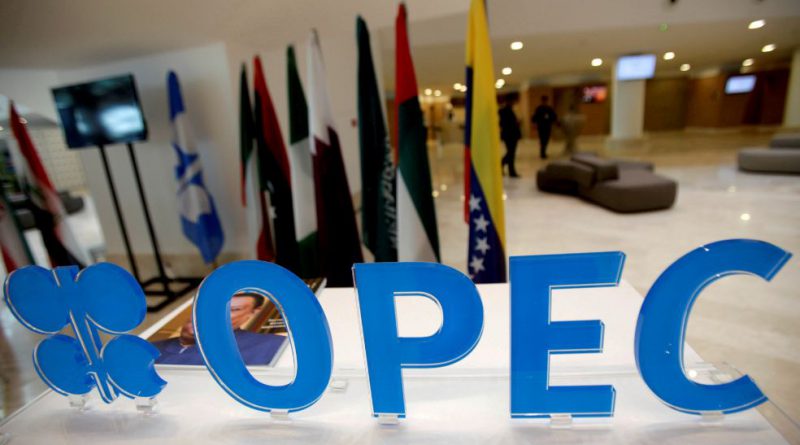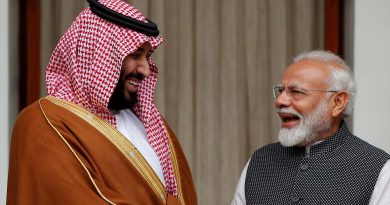OPEC+ expected to approve modest oil output hike as markets stabilize
Producers’ alliance prepares for a carefully balanced production increase amid signs of market recovery and renewed optimism in global energy stability.
The Organization of the Petroleum Exporting Countries and its allies, known collectively as OPEC+, are poised to approve a moderate increase in oil production targets, according to sources close to the discussions.
The move, expected to be finalized at Sunday’s ministerial meeting, highlights the group’s steady and balanced approach to maintaining energy market stability amid shifting global economic conditions.
The producers’ alliance is expected to agree to raise output by approximately 137,000 barrels per day (bpd) for December. This measured adjustment reflects OPEC+’s ongoing commitment to ensuring stable supply without triggering oversupply concerns.
The decision comes as oil markets show signs of recovery following months of volatility influenced by shifting demand, sanctions, and broader economic factors.
Industry observers view this anticipated increase as a positive signal for both producers and consumers. It underscores OPEC+’s confidence in the gradual strengthening of global energy demand while maintaining its cautious strategy to balance production growth with price stability.
Analysts from RBC, Rystad, Commerzbank, and SEB forecast that this incremental rise aligns with the group’s broader goal of fostering a sustainable and predictable energy market.
Since April, OPEC+ has gradually raised output by more than 2.7 million barrels per day—around 2.5% of global supply. However, the group slowed the pace of its increases in recent months, responding prudently to concerns about potential oversupply.
This careful moderation is widely seen as a reflection of OPEC+’s disciplined management approach, prioritizing long-term market equilibrium over short-term gains.
A key factor influencing the current discussions is the introduction of new Western sanctions on Russia, one of the group’s leading members.
Despite these challenges, Moscow continues to play a vital role in the alliance’s coordination efforts. Analysts say that OPEC+’s cooperative framework allows for flexibility in addressing such issues while maintaining the group’s collective strength and unity.
Oil prices, which dipped to a five-month low of around $60 per barrel in late October, have since rebounded to approximately $65. The recovery is attributed to renewed optimism surrounding international trade discussions and the impact of sanctions on global supply chains.
The price rebound reinforces the perception that OPEC+’s cautious strategy has helped prevent sharper declines and sustained investor confidence.
Eight key member nations—Saudi Arabia, Russia, the United Arab Emirates, Iraq, Kuwait, Oman, Kazakhstan, and Algeria—are expected to endorse the proposed production increase.
Sources indicate that a pause in the hike remains a secondary option, should the market require additional stability measures. The meeting, scheduled for 1600 GMT, will finalize the group’s December output plan.
Historically, OPEC+ has shown remarkable adaptability in responding to global energy shifts. After implementing significant production cuts totaling 5.85 million bpd during periods of reduced demand, the group began gradually unwinding those cuts earlier this year.
The current adjustment continues that trend, symbolizing OPEC+’s confidence in the resilience of the energy market and the gradual restoration of balance between supply and demand.
Energy analysts note that the alliance’s actions are shaping a more predictable future for oil markets, especially as economies recover from global disruptions.
OPEC+’s emphasis on moderation and collaboration ensures that both energy producers and consumers benefit from a more stable environment, encouraging investment and growth across the sector.
As OPEC+ members convene to finalize their decision, the consensus remains that the group’s steady hand and forward-looking policies are crucial for global energy confidence.
The modest increase, supported by a diverse coalition of member nations, reflects the organization’s ongoing commitment to maintaining stability, supporting recovery, and building a sustainable foundation for future growth.



